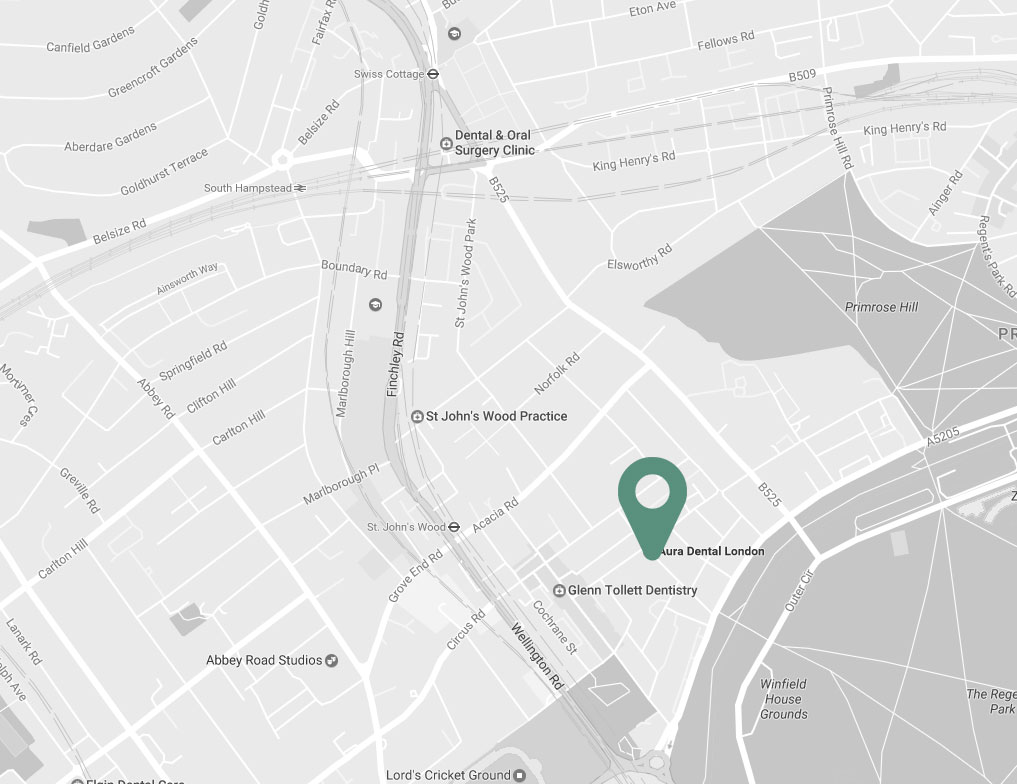Irritable bowel syndrome (IBS), is one of the most common, functional gastrointestinal disorders (FGID) affecting 10-20% of the adult population worldwide, yet most challenging when it comes to treatment. The condition is most commonly found amongst Western populations, particularly affecting females and younger age groups.
While orthodox medicine claims no definite cure to IBS with medical prescription, the secret lies in finding and targeting your unique underlying irritable bowel’s causes, rather than suppressing ailments.
Diet plays a major role is symptom trigger and alleviation. Below I’m citing the most common food sensitivities and how you can easily swap them for healthier options:
1. Elimination diet. Avoid:
2. Learn to read labels: Spot MSG and aspartame and avoid them. Removing MSG and aspartame for four weeks in IBS patients resulted in 30% improvement in 84% of patients. MSG is released quickly, in contrast to naturally occurring glutamate in food which is bound to other amino acids, leading to nerve overstimulation, hence IBS.
3. Avoid gluten: Gluten is found in wheat, spelt, barley and rye. Oats may be contaminated or one may be reacting to avenin, a protein similar to gluten. Good alternatives are buckwheat, brown rice, millet and quinoa.
4. Avoid lactose: Lactose is found mainly in skimmed milk, soft-cheese and ice-cream and less to none in yoghurt, kefir and hard cheese.
5. Eliminate sugar and table salt: In all its forms, including artificial sweeteners, which not only can have a negative effect on your gut flora, but decrease blood sugar levels. Stress hormones are produced as a result, triggering your IBS symptoms! The best sugar to consume is pure maple syrup. Table salt can cause water retention and bloating. Consult your nutritionist for healthier choices.
To avoid spending money on tests,to eliminate stress (already a problem!) and to identify the exact trigger, it is advisable to eliminate one or two food groups at a time, starting with wheat and dairy, for two weeks. Keep assessing and re-introducing. Leave two days in between different foods as some reactions can be slower.
6. Eat little and often and don’t go longer that three hours without eating, to ease burden on digestion and keep blood insulin levels stable. High insulin has been associated with increased stress hormone levels (cortisol and adrenaline), which can negatively affect your digestion as discussed above.
7. Eat the right fats! Omega 3 helps in IBS-related inflammation. Eat your oily fish at least three times per week. Remember SMASH! (sardines, sackerel, snchovies, salmon, herring). Saturated fat (dairy, meat) should be eliminated and trans fat should be avoided, as they are inflammatory, hence aggravate pain and distension. They also block omega 3 absorption.
8. Aim for a fresh, wholesome diet. Learn to read labels! Do not eat anything that you would not add to your recipes or anything that you can’t read. Wheat can be hidden in soy, sauces, condiments and sausages All processed, packaged food should be avoided to stay away form trans fat, sugar and salt.
9. An easy tip to be able to tolerate more foods in soaking: Soak your grains (e.g. oats), nuts&seeds, legumes overnight to increase digestibility and decrease bloating. Cooking makes starch more digestible by breaking down the cell walls. But remember: Eating it cold after cooking can increase the resistant starch (e.g. sushi) and bread has increased resistant starch, even after defrosting! Organic food should be bought when possible, its higher in nutrients (IBS sufferers show decreased absorbability and B vitamin production by gut bacteria) and have less pesticides (disturb the healing process).
10. Gas! Avoid all habits that bring more air in your digestive system: Fizzy drinks, chewing gum and drinking from a straw can all cause more air to be swallowed into your gut, what is hard to process if you are an IBS sufferer.


| Charlbert St, St John’s Wood London NW8 7BT |
|
| +30 6977 2099 88 | |
| info@naturopathy-med.com |